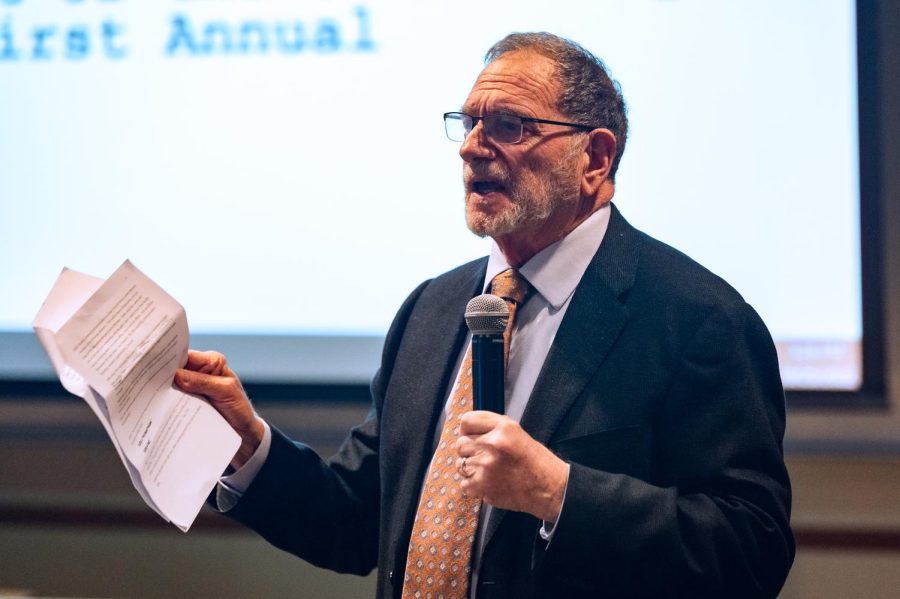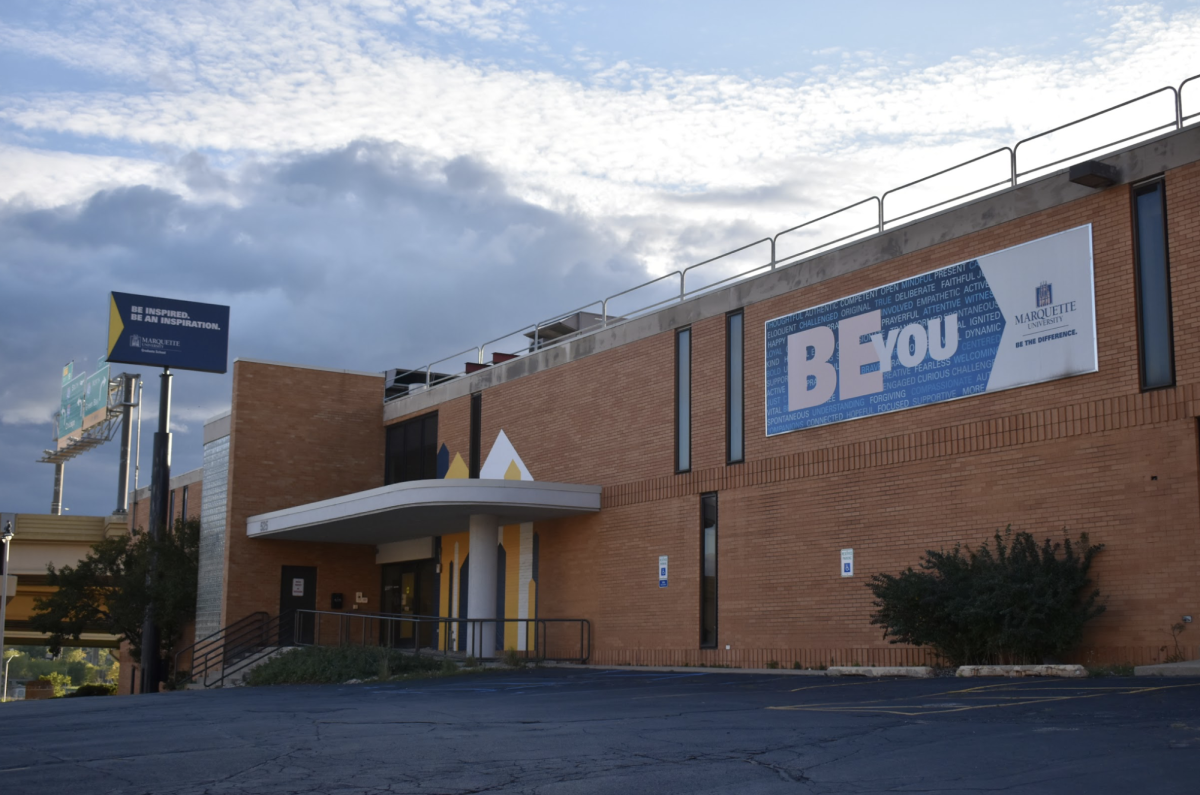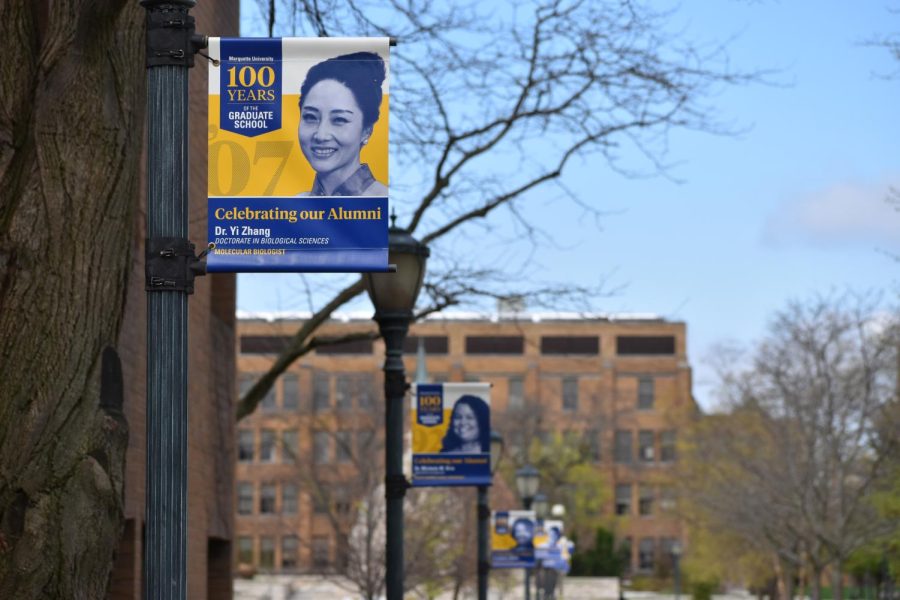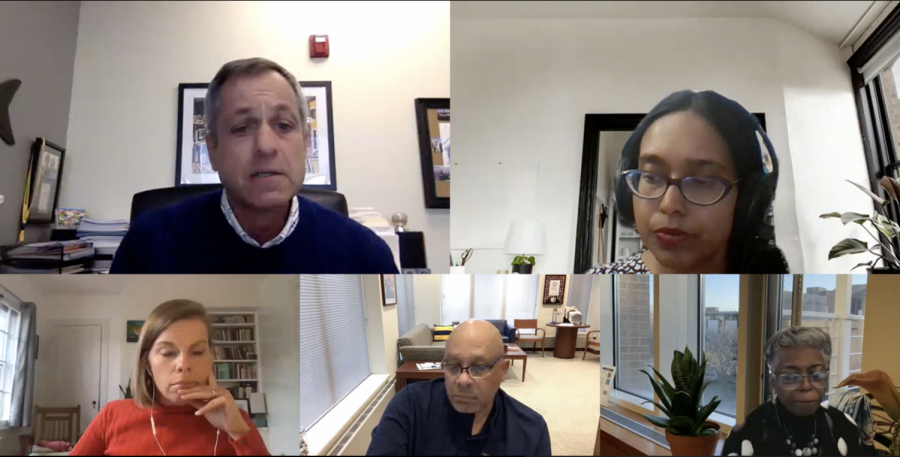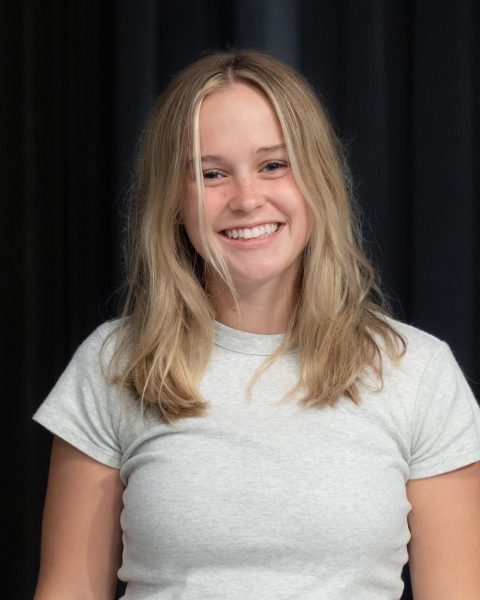An address was given to kick off the 100th anniversary of Marquette’s graduate school, Tuesday, Oct. 25 at the Raynor library. Throughout the year the graduate school will host events to celebrate the accomplishments of their graduates and faculty.
Leonard Cassuto, a professor of English and American Studies at Fordham University and the author of “The New Ph.D.,” and Robert Weisbuch, a professor emeritus at the University of Michigan and co-author of “The New Ph.D.,” discussed the future of graduate education.
In their book, Cassuto and Weisbuch evaluate the failings of graduate education in America. According to their book, only 50% of students who enroll in graduate school will finish, and of that 50%, 25% will never get full-time academic positions.
During the event, Cassuto and Weisbuch talked about their book “The New Ph.D.” and urged the audience to think about the future of Marquette’s graduate school. They said traditionally, graduate education has always been more focused on the faculty rather than its students. The central idea of their book is to shift graduate schools to a more student-centered mentality.
Cassuto and Weisbuch said graduate school is traditionally centered around the research done by professors as well as training students to become professors. Although these endeavors are good, Cassuto and Weisbuch want to expand the opportunities for students.
They argue that in order to achieve a more student-centered education, you must have the opportunity to obtain jobs outside of professorship. Cassuto and Weisbuch said that although it’s essential for colleges to employ professors, graduate schools should also be focusing on training students to work in a variety of different settings.
I’m very much on board that we must diversify our education, such that we move away from the idea that the people here are only here to get Ph.D.’s in order to get professorships, but other careers,” Sebastian Luft, a professor of philosophy said.
Luft said the issues presented about graduate education in Cassuto and Weisbuch’s address are decades old. Graduate school’s system of learning hasn’t seen any major changes in decades. He said American graduate schools are more of a money-making system, which doesn’t aid in more student-focused education. Luft said we must evaluate how American education functions and rethink it.
“We need to do better for higher education and graduates in higher education,” Luft said.
Cassuto and Weisbuch said they were impressed by the way Marquette is addressing the issues embedded in graduate education.
“Marquette has been a leader in offering the opportunities to think broader.” Sumana Chattopadhyay, associate professor and associate dean for graduate studies and research said.
Chattopadhyay said Marquette’s Graduate school offers different types of training on top of the things students are already learning, which will hopefully allow them to explore other options once they obtain their Ph.D. or Master’s. She said students in the graduate school of communications receive training on leadership, persuasion and writing which allows for more success in different job sectors.
“I think we’re heading in the right direction because we’ve been proactive. We’re ahead of the curve in this particular area,” Chattopadhyay said.
Timothy Melchert, a professor in counselor education and counseling psychology, said that we need people at Marquette to focus on these issues and improve graduate school education.
“I hope that some of the conversation here gets implemented and practiced,” Melchert said
Cassuto and Weisbuch say there’s still a lot to be done. They argue as a society we must harbor students that will be successful in higher education. They said Graduate education is essential for our country, and we don’t want to let its flaws determine its future.
“The presentation was right in the sense that this is part of bettering democracy and the common good, and I think that point is oftentimes overlooked,” Luft said.
This story was written by Sophia Tiedge. She can be reached at [email protected]


